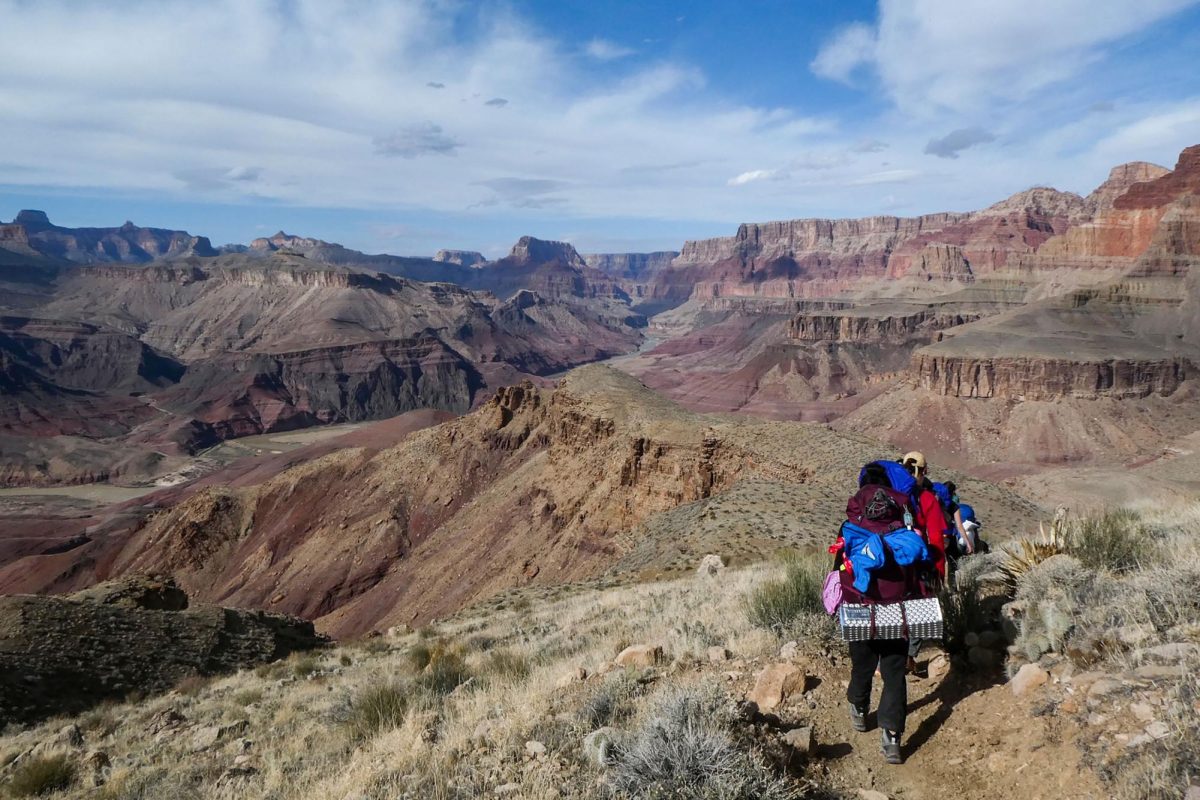The Middle States Association of Colleges and Schools, a peer-review group of administrators at other universities, said GW is making drastic improvements after a four-day visit to campus last month – but added that the University needs improvements in several areas, including technology.
“The major area of focus in the future has to be developing revenue sources to implement University information technology plans,” said Eamon M. Kelly, president of Tulane University and head of the accreditation team.
During its visit between Oct. 21-24, the accreditation team focused on four areas at GW, which are spelled out in the school’s self-study report, Beyond Boundaries. The team looked at the University’s mission statement, information technology, undergraduate education and off-campus programs.
The team said the financial backing from the Board of Trustees and the technology fee added to this year’s tuition are not adequate to meet the University’s goals.
“These improvements are essential and very little trimming can be tolerated without jeopardizing the University’s ability to provide technology,” said Hinrich Martens, associate vice president for communication and information technology at the State University of New York at Buffalo.
“We’re going to have to find the money,” GW President Stephen Joel Trachtenberg said. “There is concern from students that tuition will go up.”
He said the University will wait until the money set aside for technology is spent before assessing how much more is needed. According to Student Association President Kuyomars “Q” Golparvar, $25 million is earmarked for computer technology, but he thinks it should be closer to $50 million.
“We have to increase the amount somehow and push to make improving technology a priority,” Golparvar said.
The Middle States group also said it found a lack of affirmative action in faculty hiring and added that the University focuses mainly on creating a diverse student body instead.
Donald Lehman, vice president for academic affairs, said he does not agree with the team’s findings on minority faculty hiring.
“We have reached a plateau (in minority hiring) and it is getting tougher and tougher to move the plateau up,” Lehman said.
He said all universities are competing for a limited number of qualified faculty, including minorities.
“What (the accreditation team is) saying to us is that we should continue to put emphasis on diversifying faculty, and we are doing that,” he said.
Recommendations for undergraduate education improvements included training for teaching assistants and a study of the core faculty size.
Students have complained that teaching assistants are not well-versed in the material or capable of leading a class.
Lehman said that all TAs are trained, and that some have mentors.
“I think we can always improve what we do,” Lehman said. “I’d like to see a program at the University Teaching Center where TAs go back and have further discussions on their experiences.”
Furthermore, Meredith Butler, director of libraries for SUNY Albany, said she found Gelman Library impressive, but with insufficient staff and inadequate funding for collections.
“She was shocked at what low staffing levels we have,” University Librarian Jack Siggins said. “We are not able to keep up with the backlog of processing and it is taking longer to get books on the shelves.”
“The impressive part included mostly the morale and the effectiveness we have in being tuned in to student needs,” Siggins said.
Kelly said all comments made to University officials were suggestions for improvements.
“Our overall reaction was that the progress of the University has been dramatic, with tremendous improvement in the quality of students, faculty, and the overall environment for teaching,” Kelly said.
Trachtenberg called the accreditation process is helpful.
“I’m not certain we agree with every observation,” he said. “Some things that they recommended we are already doing.”







